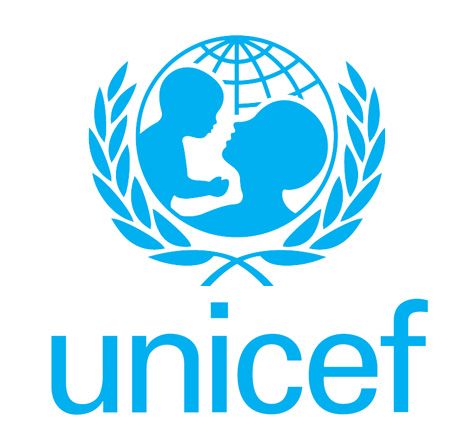We must prioritize girls in our COVID-19 recovery: UNICEF

Kathmandu / Mar. 8: UNICEF Executive Director Catherine Russel has stressed the need to work toward gender equality among other agendas in the post-pandemic era.
Issuing a statement on the occasion of International Women’s Day, Russel said, “On International Women’s Day, we acknowledge the international community’s hard-fought gains for the world’s women and girls. We celebrate the remarkable achievements of women and girls in our societies. And we redouble our commitment to extend those gains to every girl, everywhere.”
“But the fight for gender equality is far from over. Indeed, even before COVID-19, gender inequality persisted as the most widespread and significant injustice of our time. But this injustice has been multiplied by the impacts of the pandemic,” she has further said. “As we enter a third year of COVID-19 and work toward a post-pandemic era, true recovery must be gender equal.”
“COVID-19 is devastating the lives of girls. Ongoing school closures, economic stress, and service disruptions are putting the health, wellbeing, and futures of the most vulnerable girls at risk. Globally, over 11 million girls may never go back to school after the pandemic. An additional 10 million girls are at risk of child marriage over the next decade. And, according to UNFPA, two million additional cases of female genital mutilation may occur.
She has noted that as lockdowns force children to spend more time in their homes, girls are shouldering more of the household labor. “Many are forced into close quarters with an abuser, separated from the services and communities that help protect them. Gender-based violence, including sexual violence, is on the rise,” she said.
Executive Director Russel said that they cannot let a generation of girls bear the cost of this pandemic for the rest of their lives. “As we work toward a post-pandemic era, girls must be at the center of global, national, and local pandemic response and recovery plans,” she said. “That means keeping schools open to allow girls to resume their education, and investing in resources to help those who have fallen behind catch up.”
